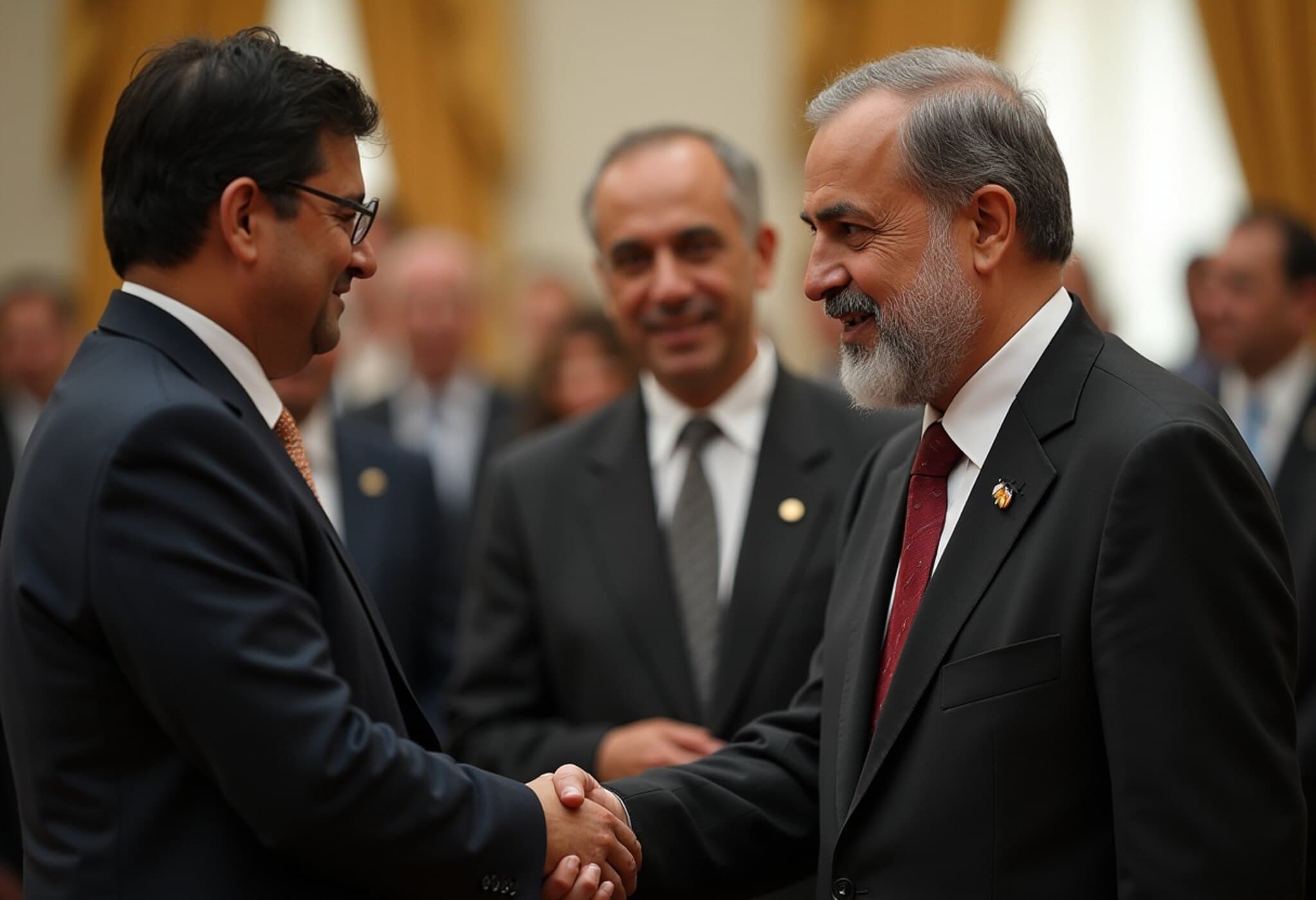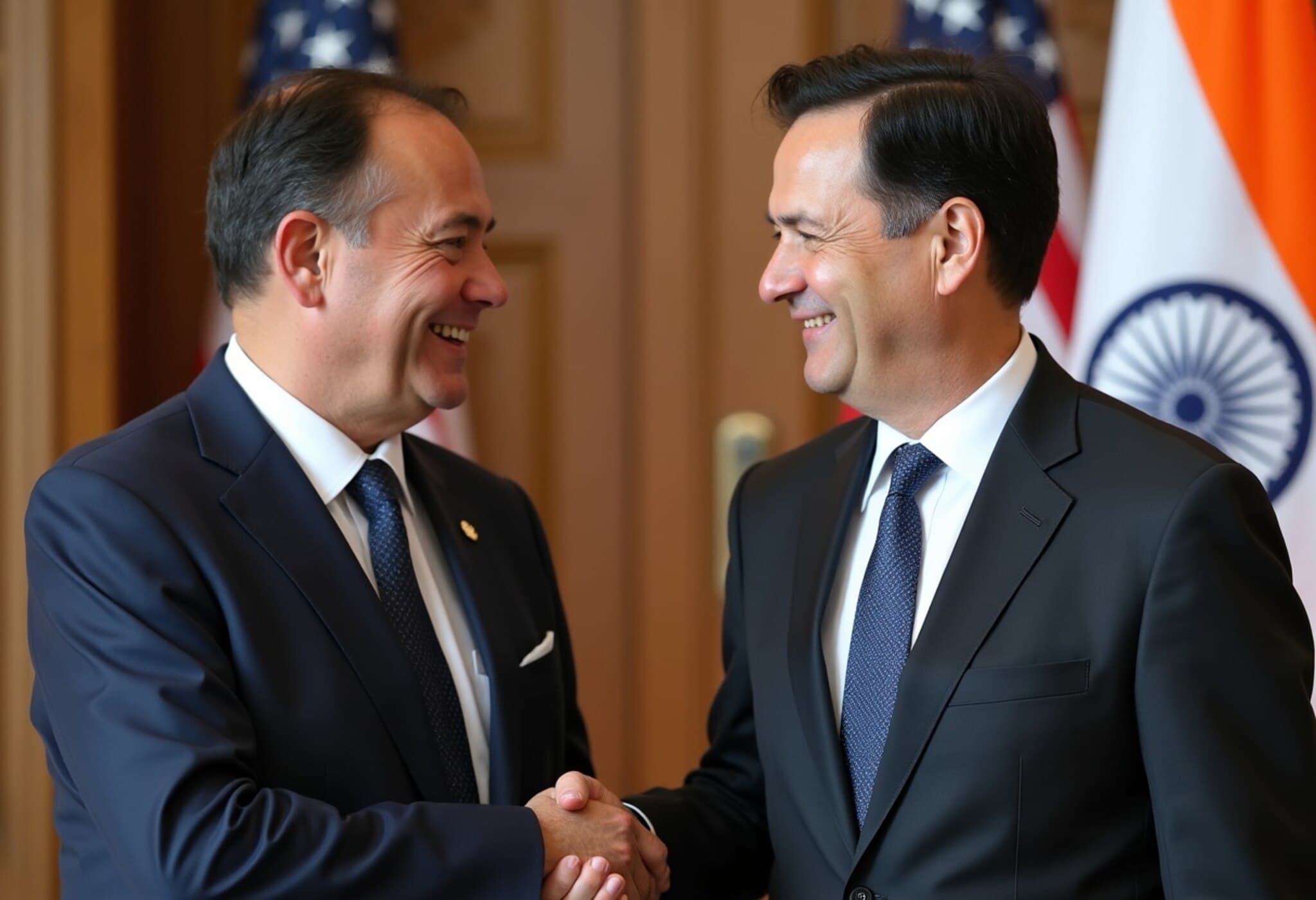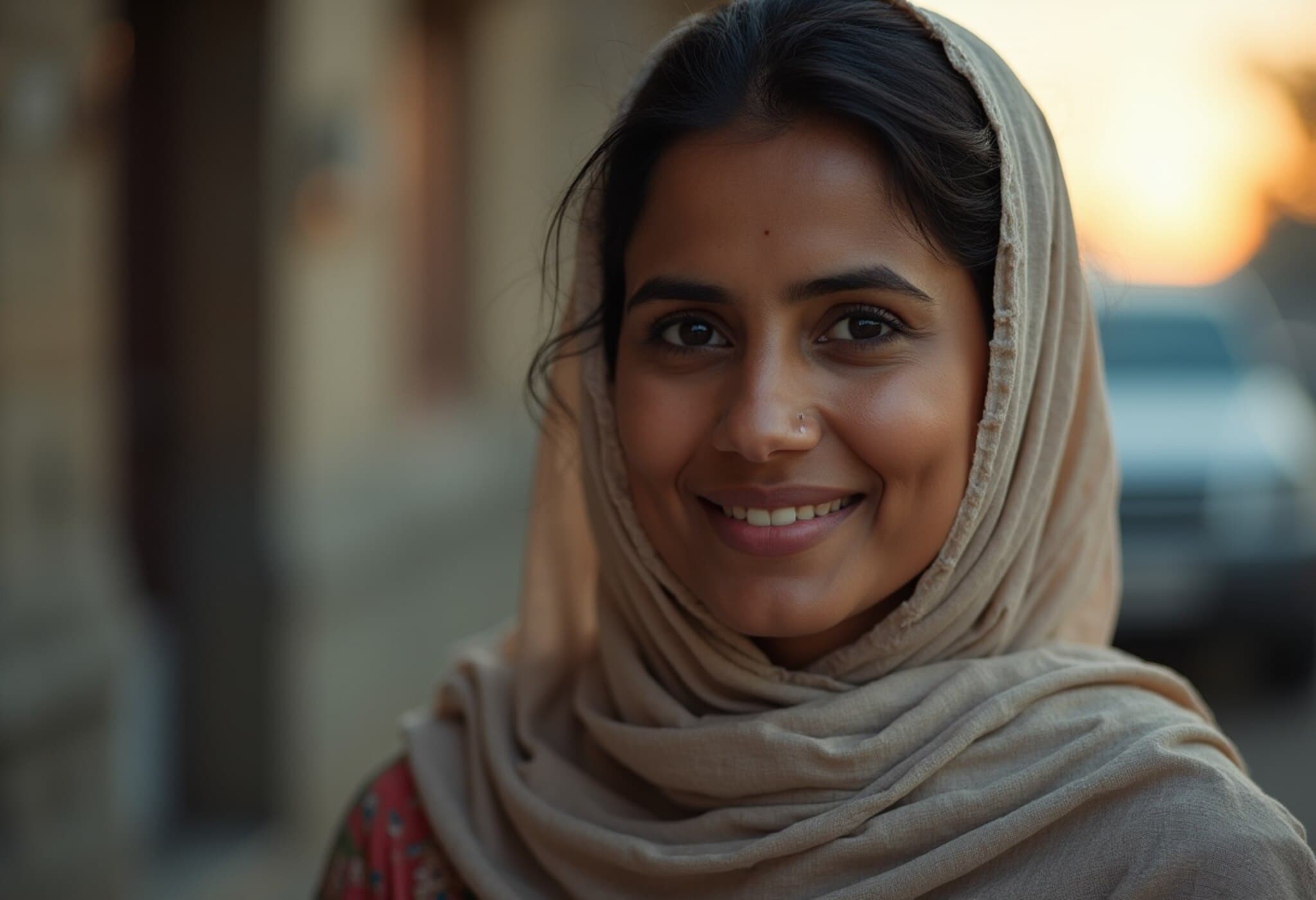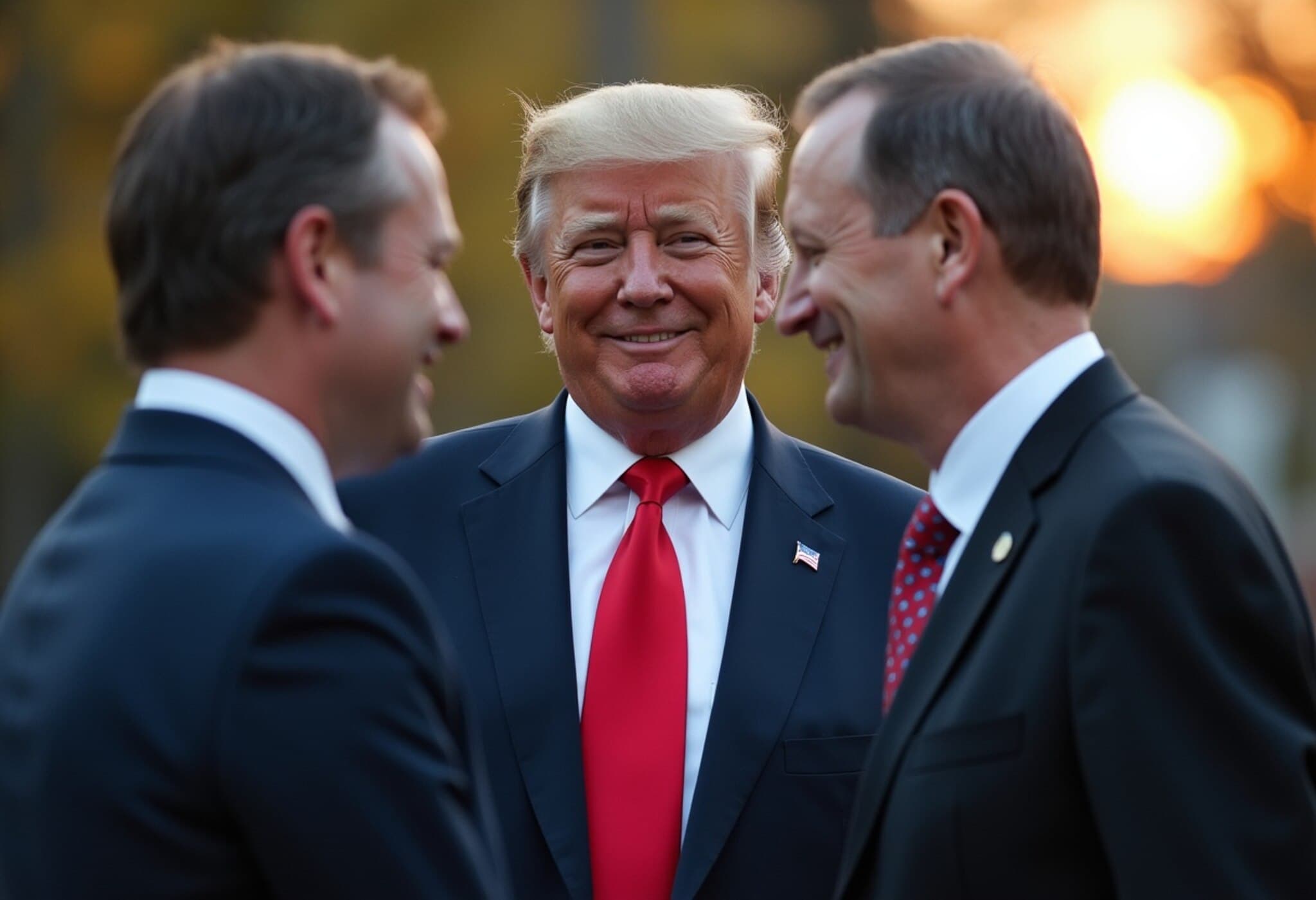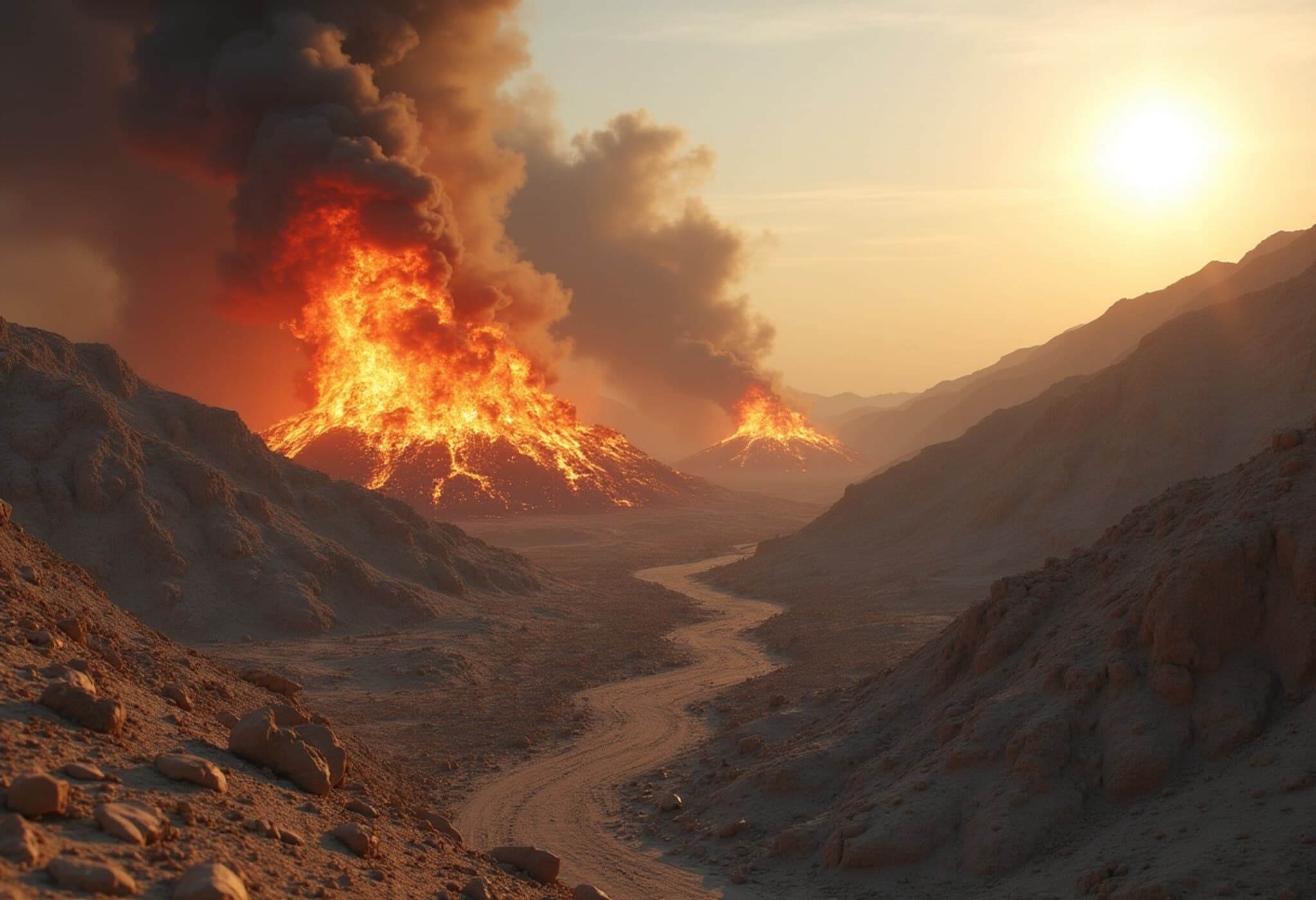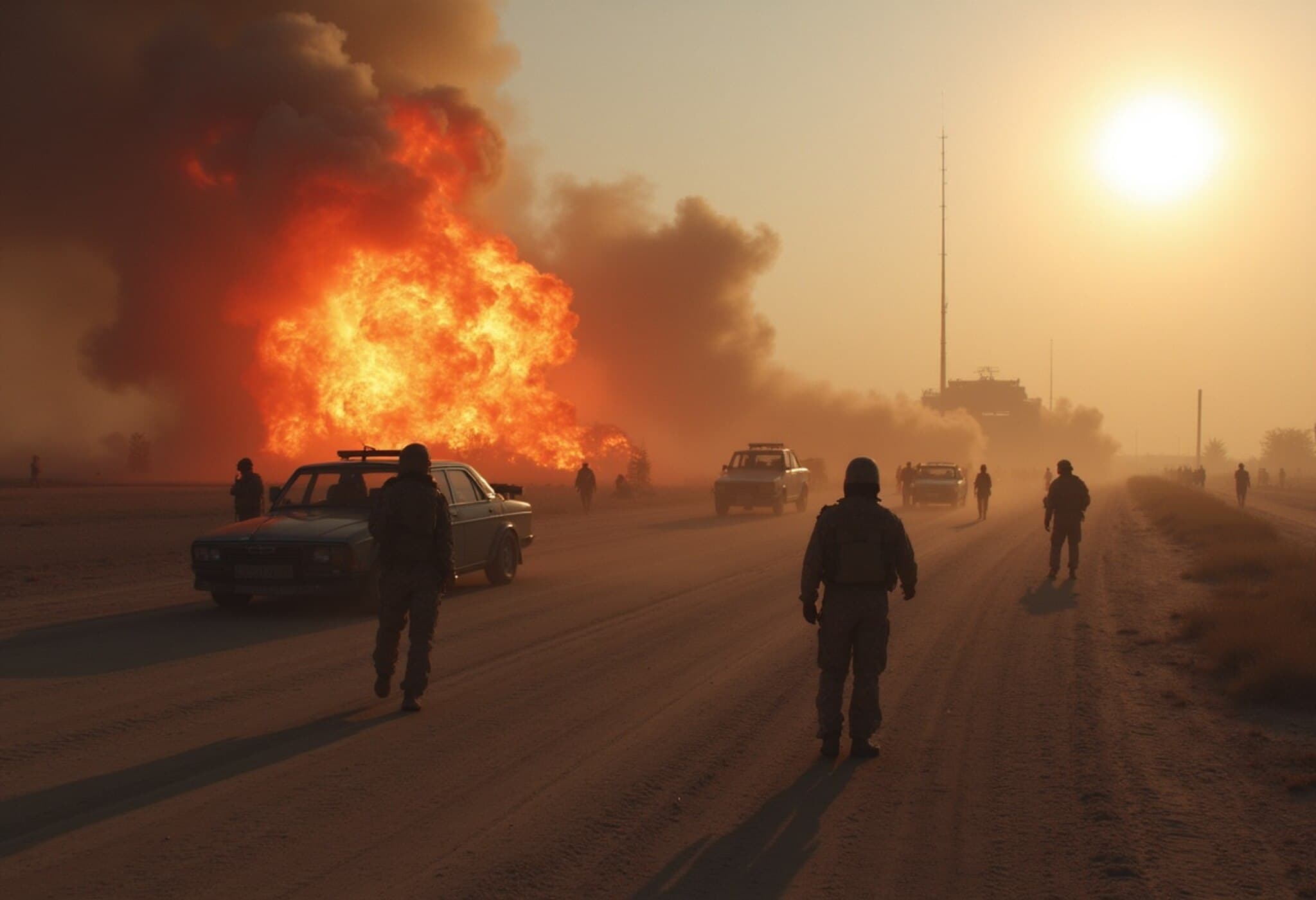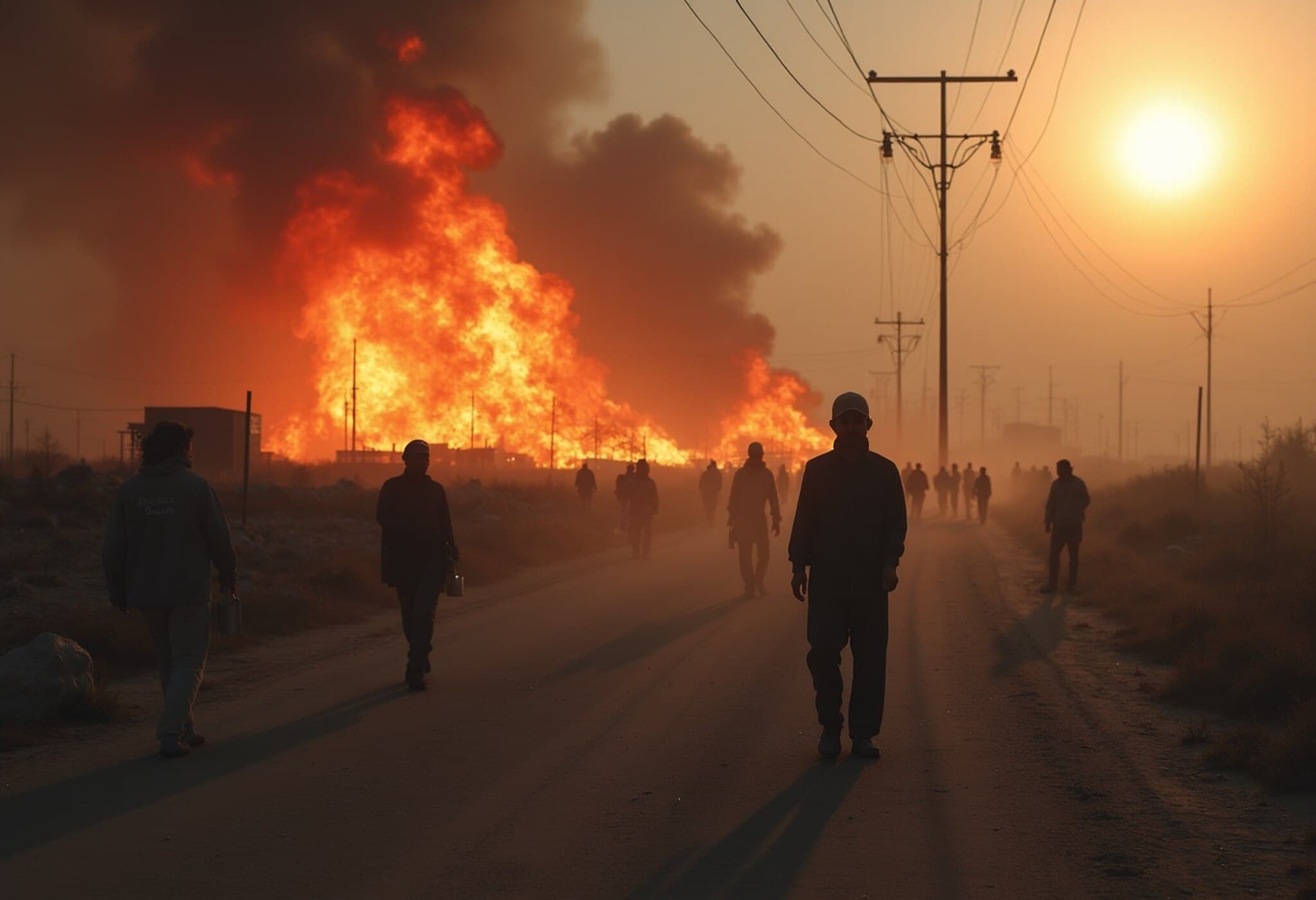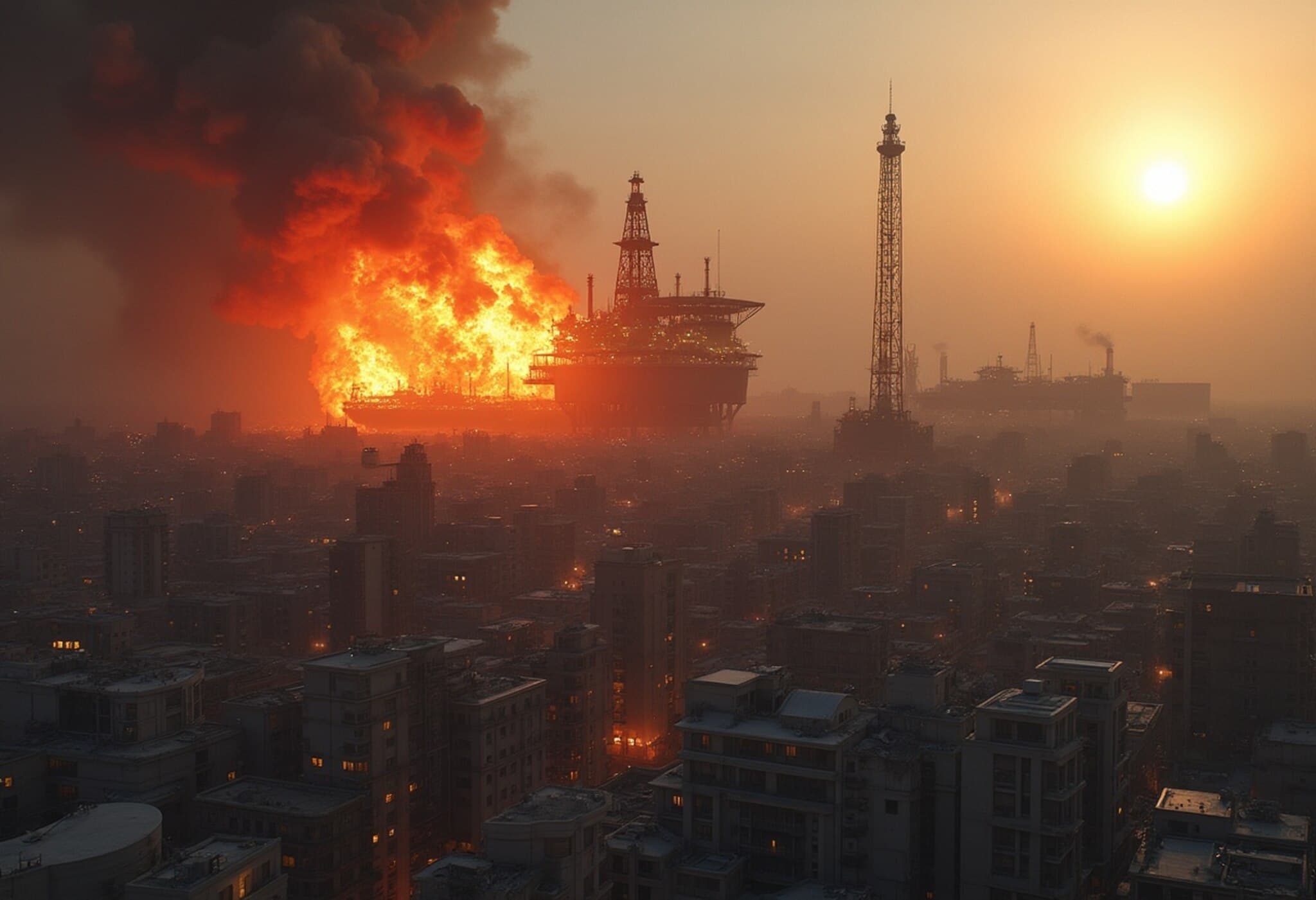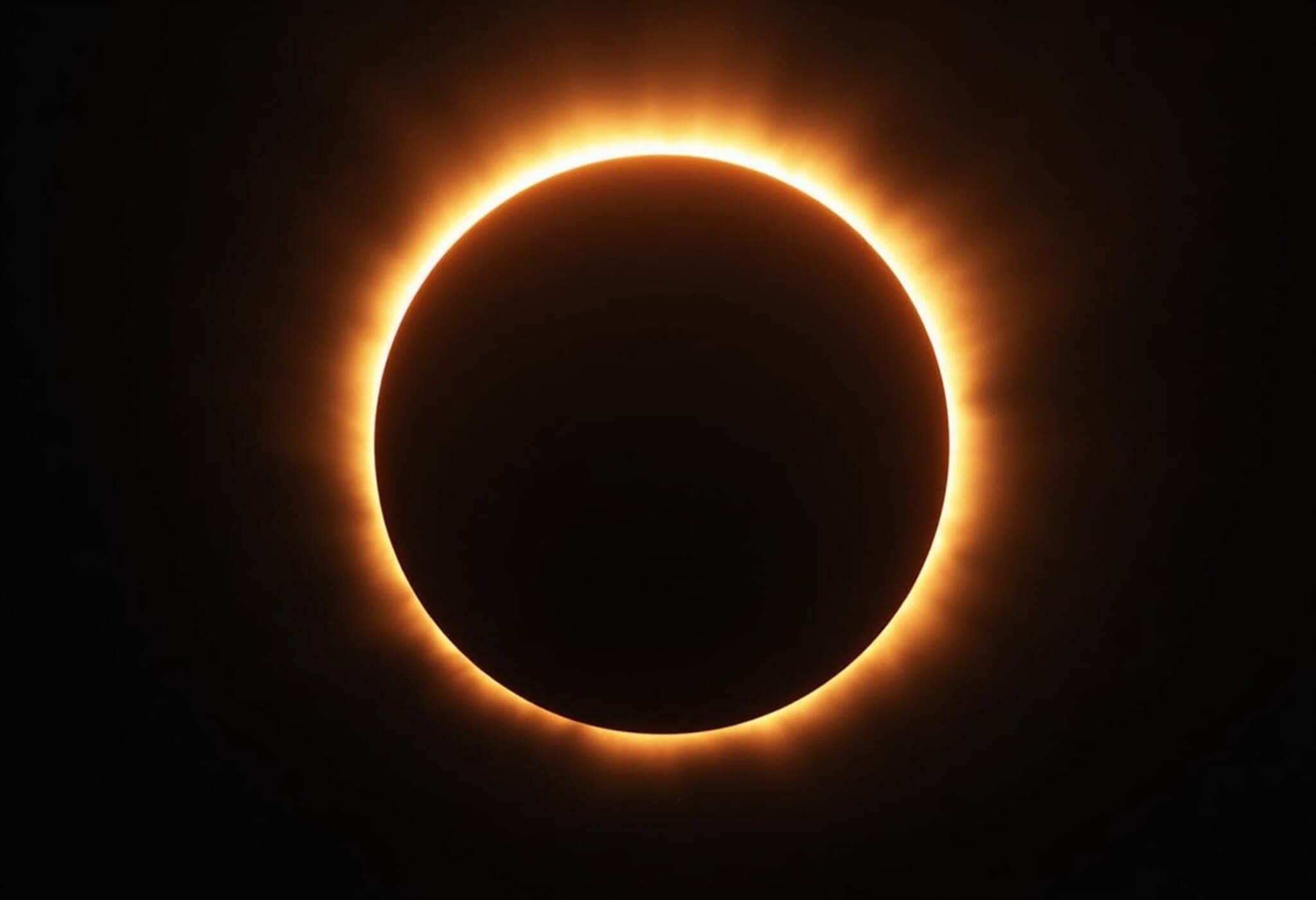Iran’s President Dr. Masoud Pezeshkian Begins Critical Two-Day Visit to Pakistan
On August 2, 2025, Iran’s President Dr. Masoud Pezeshkian arrived in Pakistan to commence a packed two-day diplomatic visit, underlining Tehran’s intent to strengthen ties with its neighbor amid an increasingly volatile West Asian geopolitical environment. This marks Dr. Pezeshkian’s first official trip to Pakistan as President, underscoring the growing importance of bilateral cooperation between Islamabad and Tehran.
High-Level Delegation Reflects the Visit's Strategic Weight
Accompanied by a senior entourage, including Iran’s Foreign Minister Seyyed Abbas Araghchi and other prominent officials, the delegation’s visit was initiated at the invitation of Pakistan’s Prime Minister Shehbaz Sharif. The Pakistani Foreign Office confirmed a comprehensive schedule of meetings with key figures: President Arif Alvi, Prime Minister Sharif, and the Chief of Army Staff.
Context: Rising Regional Tensions and Diplomatic Challenges
This visit comes hot on the heels of the recent 12-day conflict between Iran and Israel, which has far-reaching consequences across the Middle East and the larger West Asian region. The timing underscores the urgency with which both nations seem to be seeking stable regional alliances to weather the challenges posed by ongoing conflicts, including the enduring Israel-Hamas war and flare-ups along South Asia’s nuclear-armed borders.
Strengthening Ties Across Political, Economic, and Cultural Fronts
The agenda reflects a multi-dimensional approach to diplomacy that goes beyond conventional statecraft. Discussions are expected to focus on:
- Enhancing political coordination amidst regional security threats
- Expanding economic cooperation, particularly in energy and trade sectors
- Promoting cultural and religious exchanges, deepening historical ties
Of particular note, President Pezeshkian is scheduled to pay respects at the mausoleum of revered poet and philosopher Dr. Muhammad Allama Iqbal in Lahore—a symbolic gesture highlighting shared cultural heritage and philosophical affinities between the two nations.
Pakistan’s Strategic Role and Iran’s Mediation Efforts
Pakistan and Iran’s relationship is crucial to the stability of South and West Asia. Recently, during the India-Pakistan military escalation, Iran played a discreet but pivotal role by offering mediation to de-escalate tensions between the two nuclear-armed neighbors. Iran’s Foreign Minister visited both New Delhi and Islamabad as part of these efforts, reflecting Tehran’s aspiration to position itself as a key regional peacemaker.
While the ceasefire was ultimately reached through bilateral talks, Iran’s involvement signaled a willingness to act as a diplomatic bridge amid complicated security dynamics.
Expert Insight: What This Visit Signals Going Forward
From an expert perspective, Dr. Pezeshkian’s visit can be read as a maneuver to recalibrate regional alliances as West Asia braces for uncertain times following the Iran-Israel conflict. For the United States and its allies, monitoring shifts in Tehran-Islamabad relations could signal changes in regional alignments, especially given Pakistan’s complex ties with both the West and China.
Moreover, the discussions likely anticipate the evolving geopolitics around energy corridors, counterterrorism cooperation, and the broader Islamic world’s responses to ongoing Middle Eastern conflicts.
Conclusion
Iran’s President Dr. Masoud Pezeshkian’s two-day visit to Pakistan amid West Asia’s growing instability symbolizes a pragmatic outreach aimed at reinforcing diplomatic, economic, and cultural bonds in a turbulent era. Both nations appear eager to leverage their shared history and strategic interests to navigate the challenges of the 21st-century geopolitical landscape.
Editor’s Note
This visit raises pivotal questions: How might Pakistan’s balancing act between Iran, India, and global powers influence the region’s stability? Can Iran’s budding diplomatic ties with Pakistan foster peace in an otherwise fractious West Asia? Readers are encouraged to watch how economic and military dialogues evolve in the coming months, potentially reshaping the geopolitical map of South and West Asia.

